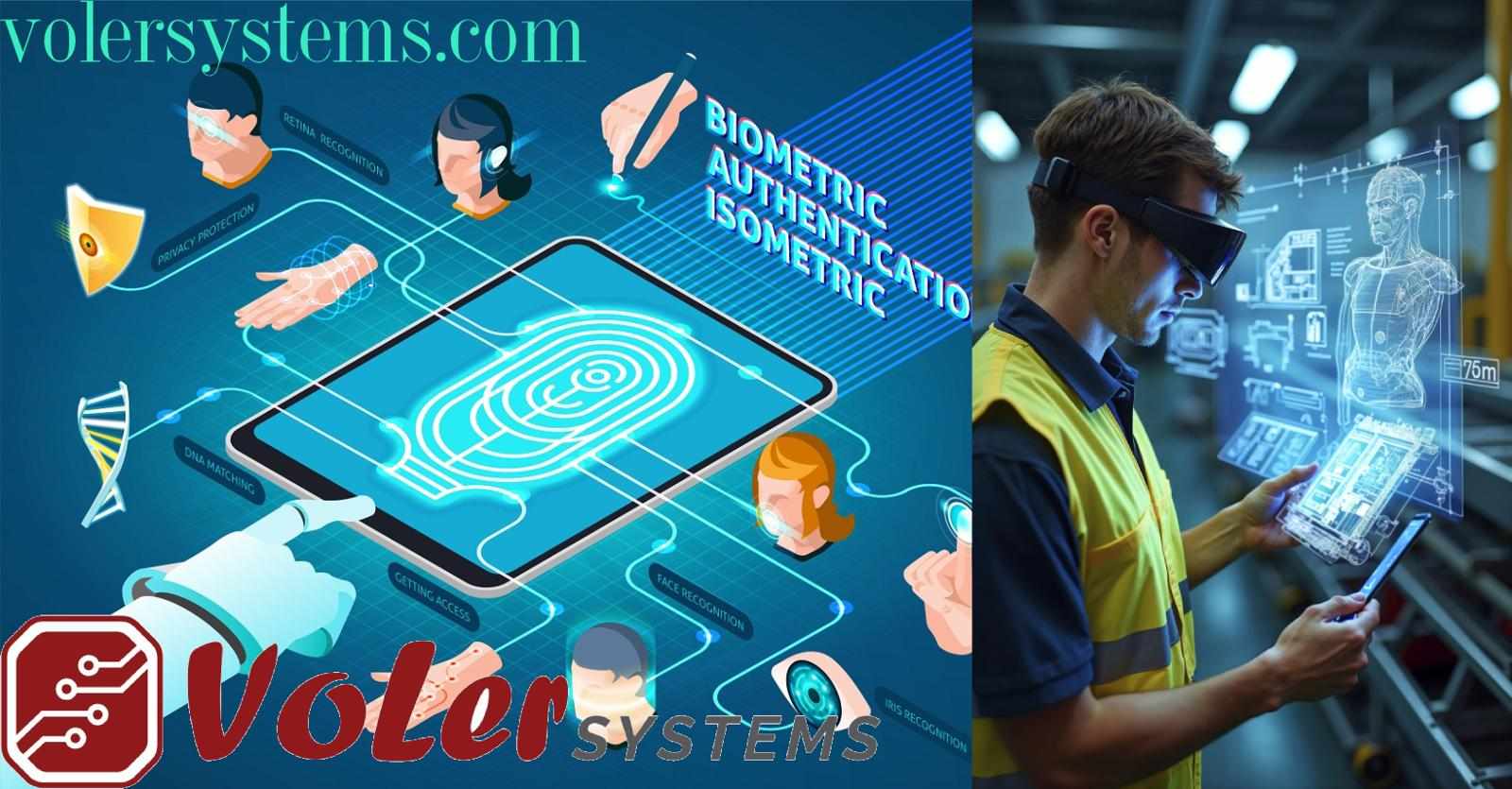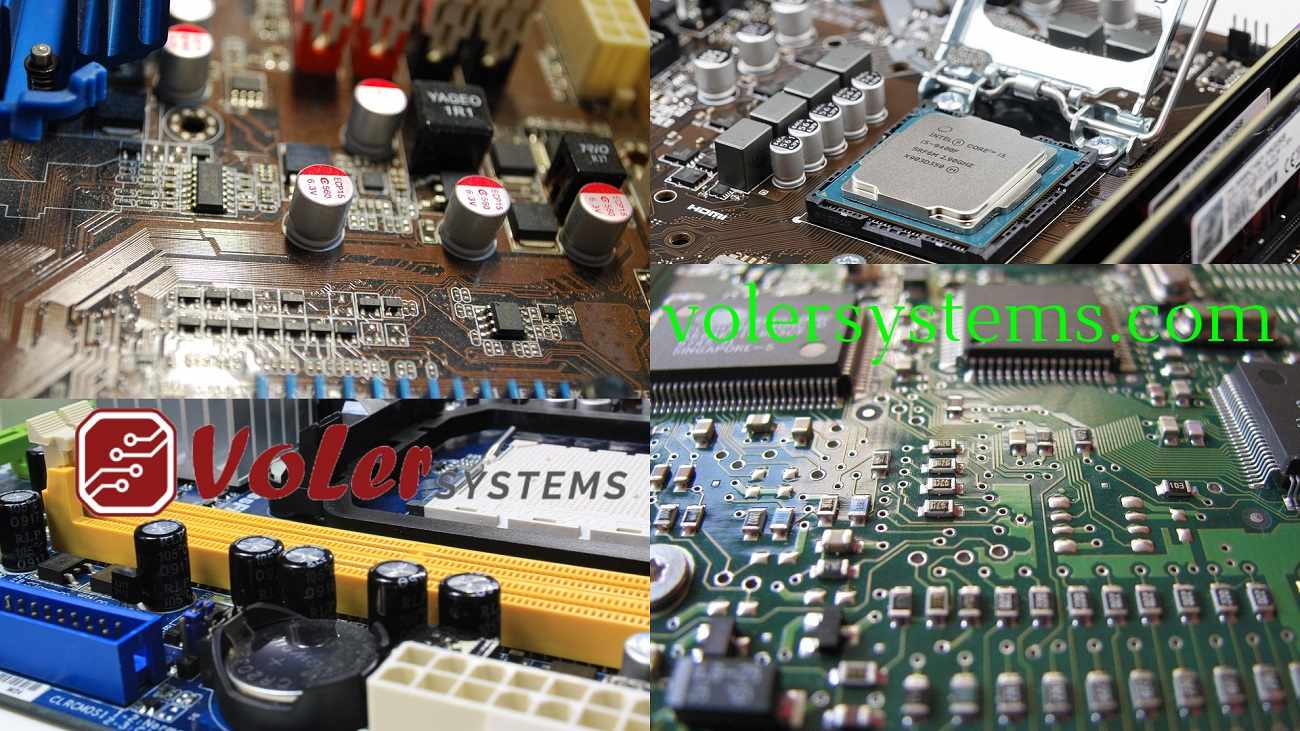
Bringing a medical device to market requires more than just an innovative idea—it demands a thorough understanding of the complex regulatory landscape. From concept to production, ensuring compliance with industry standards is essential for a successful launch. At Voler Systems, we specialize in guiding companies through this intricate process, helping them develop high-quality medical devices that meet strict regulatory requirements.
Understanding Regulatory Requirements
Medical devices are subject to stringent oversight from regulatory bodies such as the FDA (Food and Drug Administration) in the United States and the European Medicines Agency (EMA) in Europe. These organizations establish guidelines to ensure the safety, efficacy, and reliability of medical devices before they reach patients.
The classification of a medical device—whether Class I, II, or III—determines the level of regulatory scrutiny it must undergo. Higher-risk devices require more extensive testing, clinical trials, and documentation. Understanding these classifications early in the development process helps avoid costly delays and compliance issues.
Key Steps in Medical Device Development
Concept and Feasibility Analysis
Before investing in full-scale development, it is critical to evaluate the technical and commercial feasibility of a medical device. This includes identifying potential risks, regulatory pathways, and user needs.Design and Prototyping
Once feasibility is established, the next step is to create detailed designs and prototypes. This phase involves rigorous testing to ensure the device meets all functional and safety requirements.Regulatory Documentation and Compliance
A well-documented design history file (DHF), risk management plan, and verification/validation reports are essential to demonstrate compliance with industry standards such as ISO 13485 and IEC 60601.Testing and Clinical Trials
Devices requiring FDA clearance or CE marking often undergo extensive clinical trials. These tests provide critical data on performance, safety, and effectiveness, ensuring that the device meets regulatory approval requirements.Manufacturing and Quality Control
Partnering with an experienced medical device design consultant can streamline the transition from design to production. Implementing a robust quality management system (QMS) ensures consistent manufacturing processes and compliance with Good Manufacturing Practices (GMP).
Overcoming Common Regulatory Challenges
Navigating the regulatory landscape can be daunting, but with expert guidance, companies can mitigate risks and streamline approvals. Common challenges include:
Changing Regulations – Compliance requirements evolve, necessitating continuous monitoring and adaptation.
Incomplete Documentation – Missing or inaccurate records can lead to delays in approval.
Validation and Testing – Ensuring the device performs reliably under real-world conditions is crucial for approval.
Partnering for Success
Bringing a medical device to market is a complex process, but with the right expertise, companies can achieve compliance efficiently and effectively. By collaborating with experienced consultants, businesses can navigate regulatory requirements, streamline development, and bring life-changing innovations to patients worldwide. For organizations looking to develop cutting-edge medical devices while ensuring compliance, working with a trusted partner like Voler Systems can make all the difference.










Write a comment ...